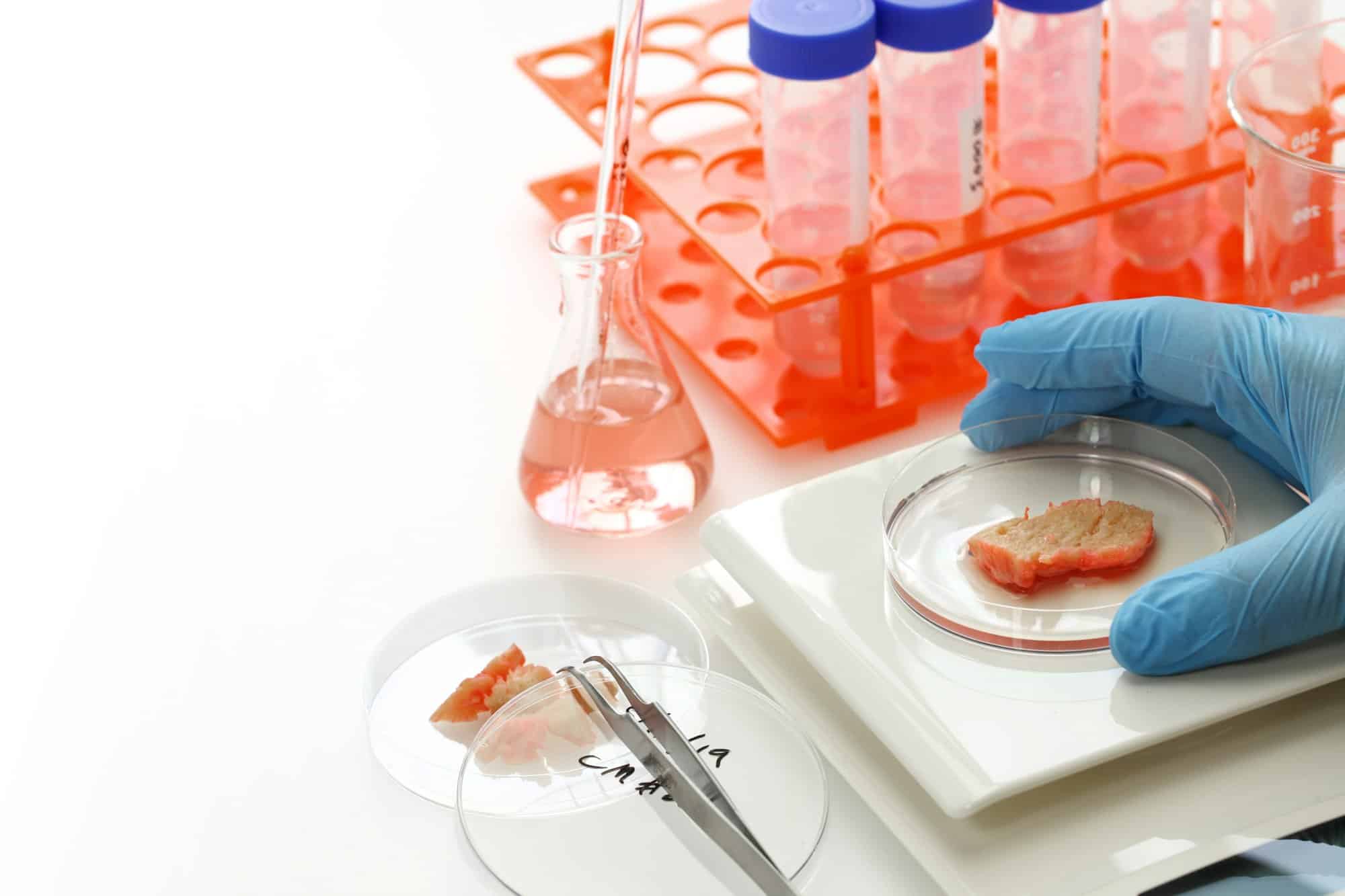What Are the Prospects for Lab-Grown Meat in the UK’s Food Industry?

As we move into an era of sustainable food production, the UK’s food industry is witnessing a shift from traditional animal agriculture to cultured meat production. This article delves into the prospects and potential impact of lab-grown, or ‘cultivated’, meat on the UK’s food industry, touching on the process of production, market acceptance and the future of the industry.
The Concept and Process of Cultured Meat Production
In the quest for more sustainable and ethical solutions to feed an ever-growing population, scientific advancements have led to the development of cultured meat. This product is created through a process in which animal cells are harvested and then nurtured in a lab to form muscle tissue that closely resembles conventional meat.
Cela peut vous intéresser : How to Foster Intergenerational Connections Through UK Community Programs?
The procedure initiates with the extraction of a small sample of animal cells. These cells are then immersed in a nutrient-rich cell culture media, where they multiply and grow into muscle tissue. The process, although complex, is a significant step towards the adoption of sustainable practices in the food industry. It eliminates the need for raising and slaughtering hundreds of thousands of animals, thereby addressing several environmental, ethical, and health concerns associated with traditional animal agriculture.
Although in its nascent stages, this innovation has the potential to revolutionise the meat industry by providing a viable and more sustainable alternative.
Cela peut vous intéresser : What Are the Challenges of Implementing 5G in Rural UK Areas?
Current Market and Consumer Acceptance
The market for lab-grown meat is still developing. However, the industry is witnessing an uptick in interest from both investors and consumers, driven by growing awareness about environmental sustainability and animal welfare. A handful of cultured meat startups have emerged, attesting to the market’s potential.
Despite its promise, acceptance of lab-grown meat by consumers remains a significant challenge. Factors such as taste, texture, price, and perception play crucial roles in consumer decision-making. However, according to recent research conducted by scholars at the University of Bath, acceptance is likely to increase as consumers become more familiar with the concept, and understand the benefits of cultured meat.
Consumer education, therefore, plays a pivotal role in the market penetration of lab-grown meat. It is crucial for producers and marketers to highlight the benefits of this novel food product, not just in terms of animal welfare and environmental sustainability, but also in relation to health benefits such as lower fat content and absence of antibiotics and hormones that are often found in conventional meat.
Regulatory Landscape and Challenges
While the prospects of lab-grown meat are promising, it is also important to consider the regulatory hurdles that this industry may encounter. The production and sale of lab-grown meat will require rigorous regulatory oversight to ensure product safety and accurate labelling.
In the UK, the Food Standards Agency (FSA) is tasked with ensuring the safety of novel foods, including cultured meat. The product will need to pass stringent safety assessments before it can be introduced to the market. Moreover, the labelling of the product will also need to be regulated to avoid confusion and ensure transparency for the consumers.
The regulatory landscape for lab-grown meat is still evolving, and regulations will play a crucial role in shaping the growth and development of this industry.
Future Prospects and Impact on the UK’s Food Industry
As the world grapples with the challenges of climate change, deforestation, and animal welfare, lab-grown meat presents an alternative that could potentially mitigate some of these issues. It is projected that with technical advancements and scale-up of production, the cost of lab-grown meat will decrease, making it a more accessible and appealing option for consumers.
This could also lead to a shift in the job market, with roles moving from traditional farming to biotechnology. Universities and educational institutions will likely play a crucial role in this transition, providing the necessary training and education to prepare the workforce for this new industry.
However, it is important to note that the integration of cultured meat into the UK food industry will not happen overnight. It will be a gradual process, requiring significant investment, research and development, and most importantly, consumer acceptance. Nonetheless, the prospects for lab-grown meat in the UK’s food industry are promising, and it undoubtedly represents a step towards a more sustainable and ethical food system.
Conclusion
Ethical and Environmental Benefits of Cultured Meat
As the global population rises, the demand for meat will likely follow suit. Traditional meat production is a significant contributor to greenhouse gas emissions, deforestation, and water pollution, thus posing a threat to our environment. Cultured meat offers a promising solution to these challenges.
By utilising cell culture techniques, the production of lab-grown meat has a lower environmental impact than conventional meat farming. It requires less land, water, and resources, and produces fewer greenhouse gases. This aspect of cellular agriculture aligns with the global push towards sustainable practices and the reduction of carbon emissions.
Additionally, cultured meat addresses the ethical issues associated with animal farming. Lab-grown meat requires a much smaller sample of animal cells, which can be obtained without harming the animals. As such, it provides an alternative that respects animal welfare, appealing to a growing number of conscious consumers who are concerned about the treatment of animals in traditional meat production.
Despite these benefits, the scalability and affordability of cultured meat remain significant challenges. High production costs and technical hurdles in scaling up the process could stand in the way of widespread adoption. Nevertheless, as research and investment in this field continue, these challenges could be overcome in the near future.
Conclusion: Lab-Grown Meat – A Sustainable Future
The potential for lab-grown meat in the UK’s food industry is vast. As a solution that addresses both environmental and ethical concerns, it aligns with the increasing consumer demand for sustainable and ethical food products.
However, the journey towards widespread acceptance and consumption of cultured meat is not without challenges. From regulatory hurdles to consumer perception and technical difficulties in scaling production, there are several obstacles to overcome.
Nonetheless, the prospects are promising. With continued research and development, along with effective education and marketing strategies, lab-grown meat could become a staple in our diets. This could lead to a transformative shift in our food system, paving the way for a more sustainable and ethical future.
In conclusion, while lab-grown meat is still a relatively new concept, its potential to revolutionise the UK’s food industry is significant. As we strive towards a more sustainable and ethical food system, cultured meat could play an essential role in this transition. Although challenges remain, the progress made so far indicates a promising future for this novel food product and the contribution it could make to the UK’s food industry.
